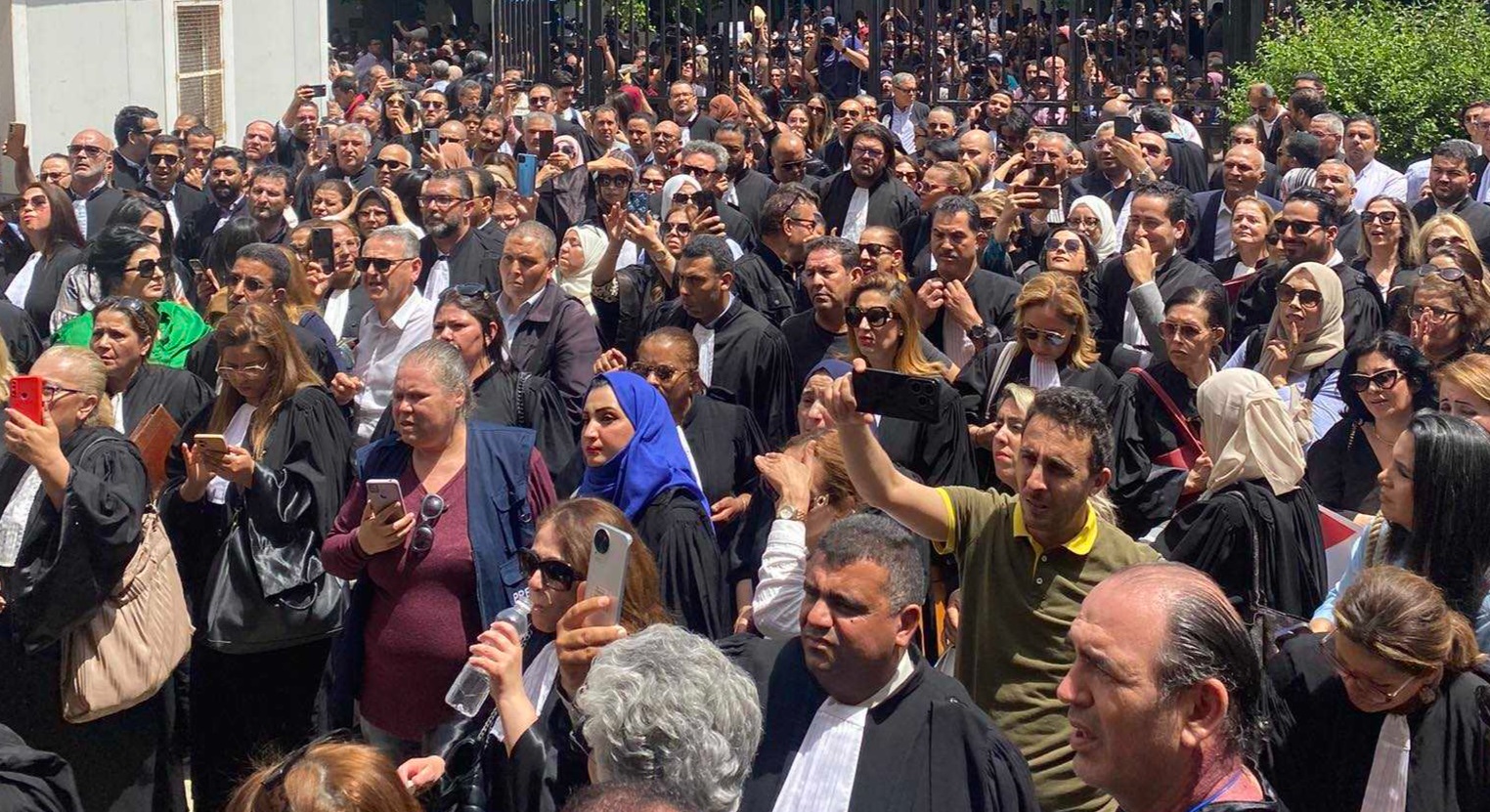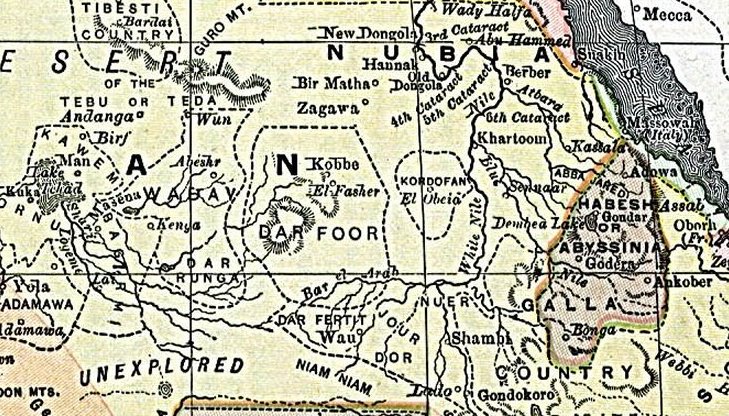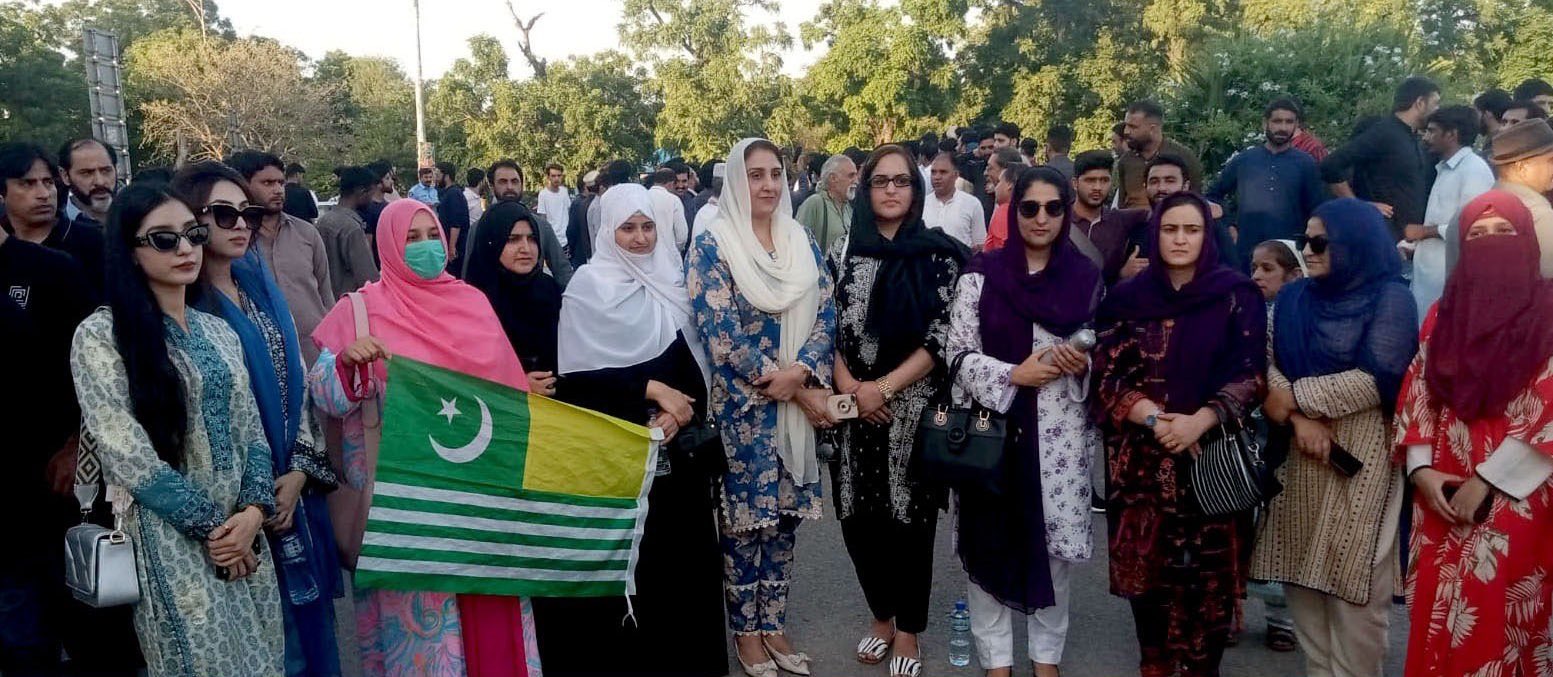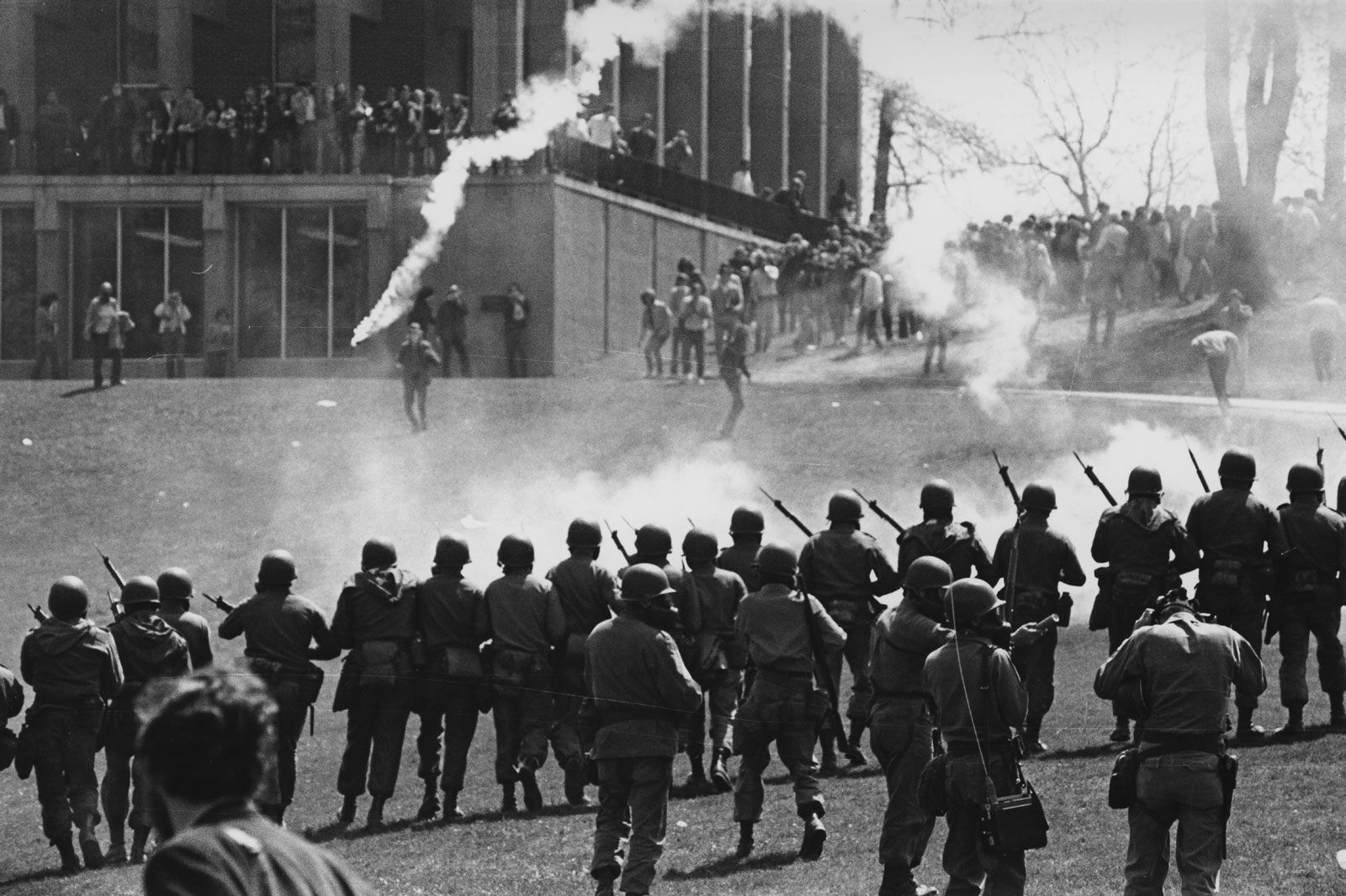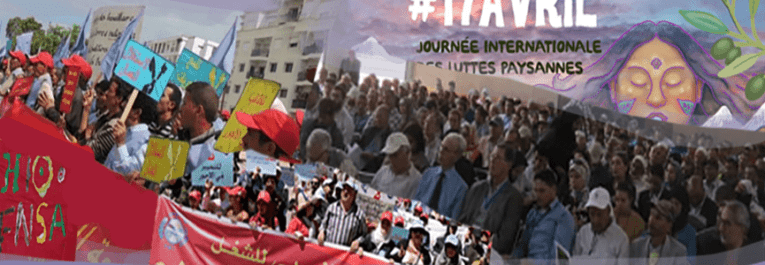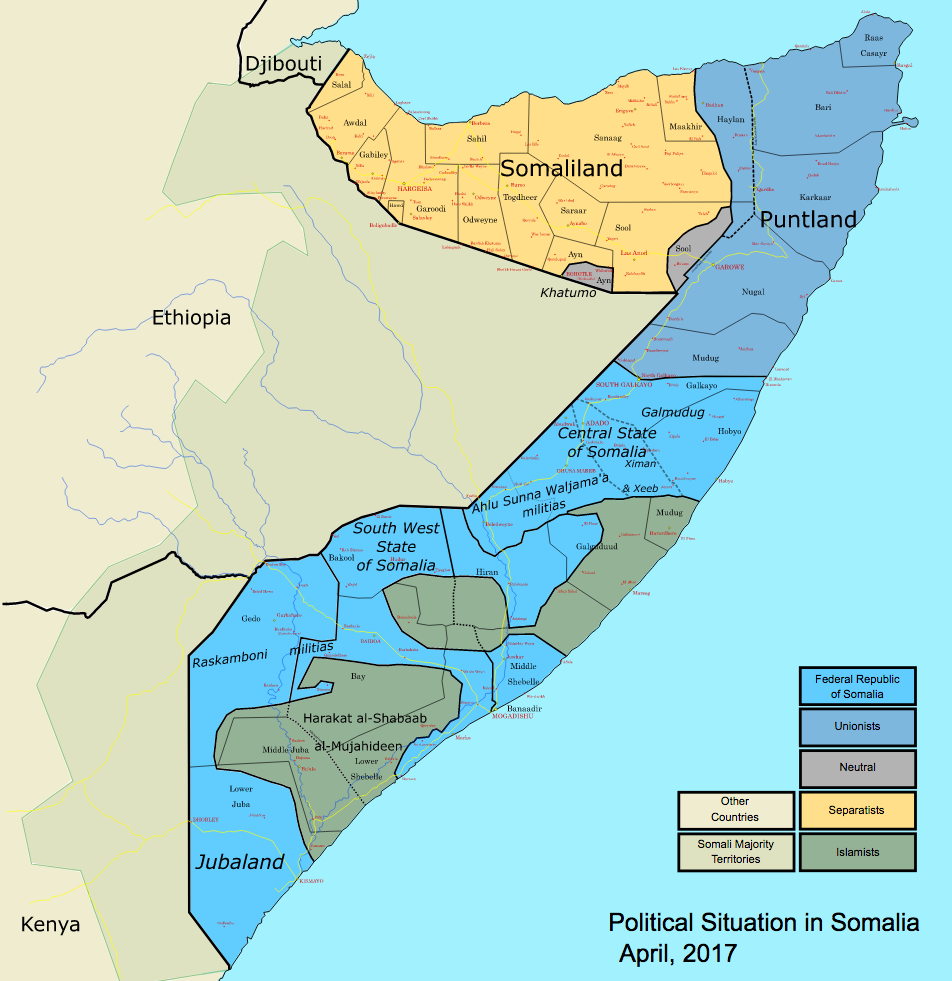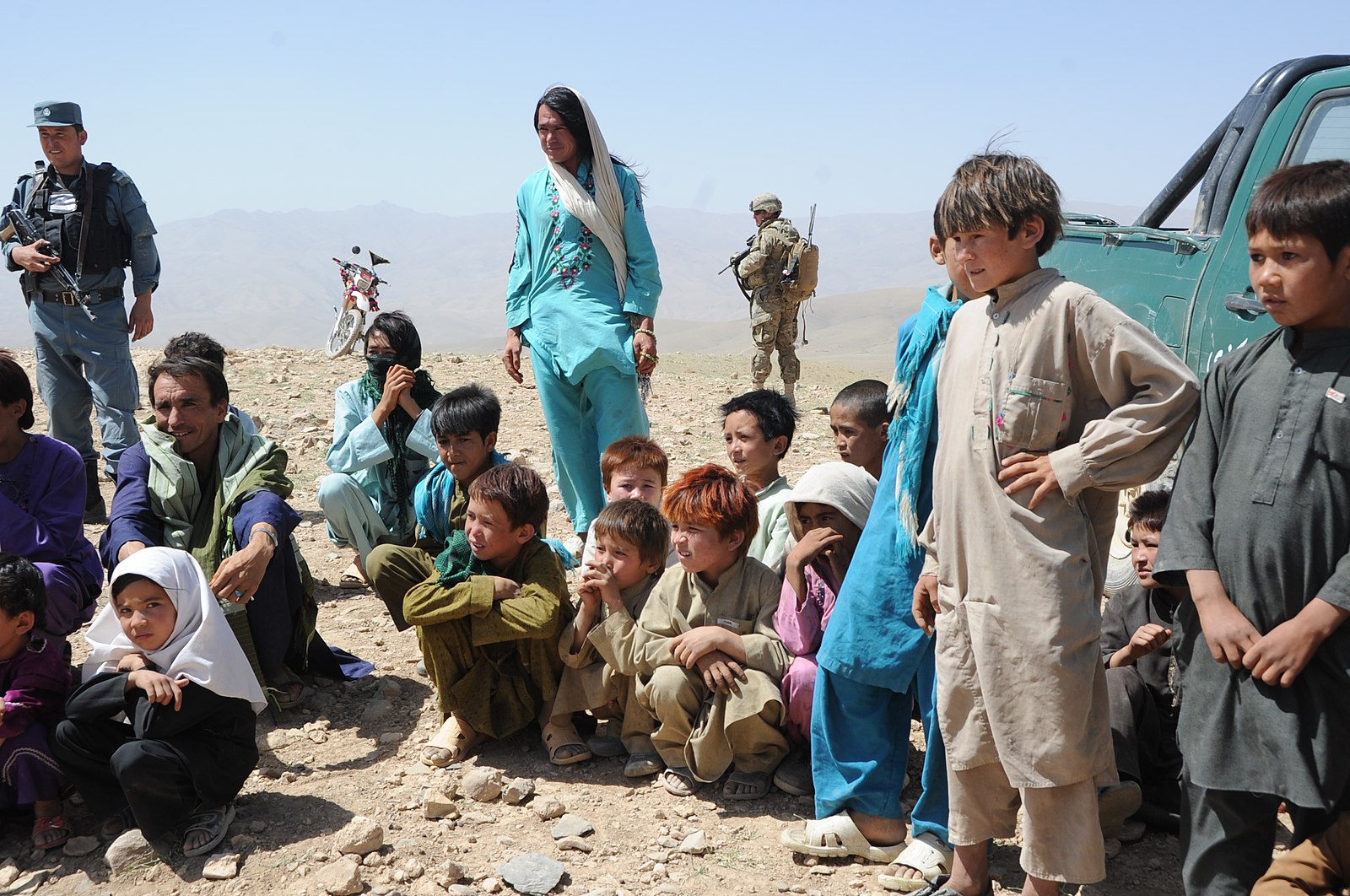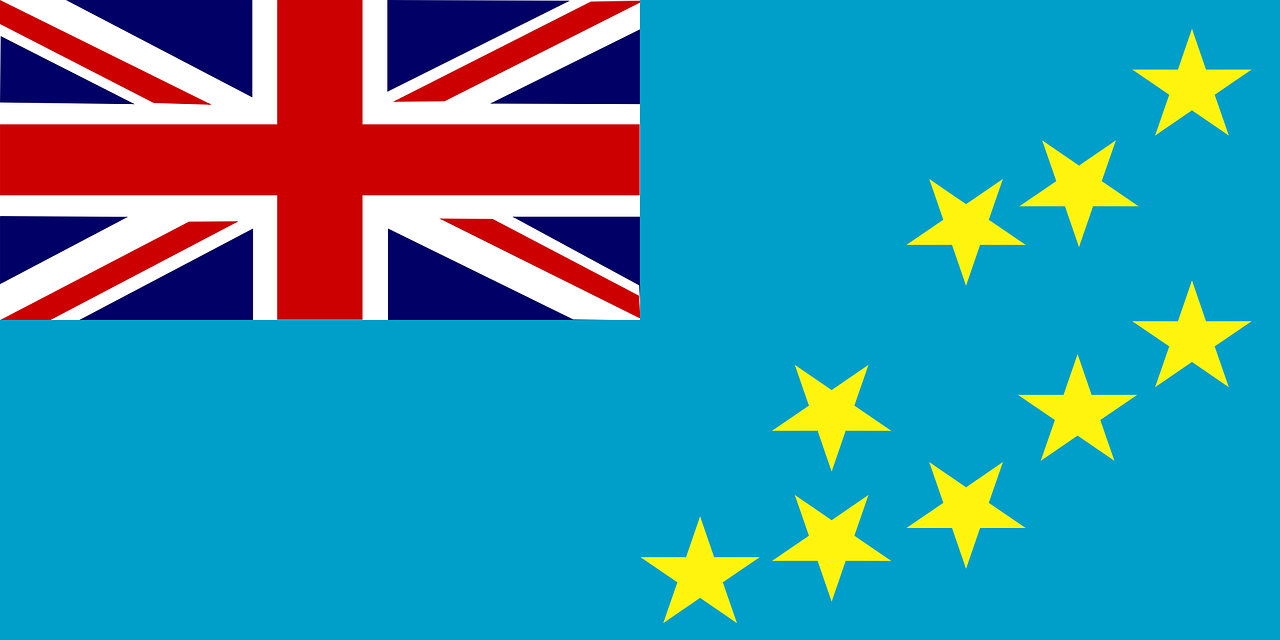
Tuvalu regains full sovereignty over security relations
Australia and Tuvalu released a joint statement announcing new commitments to improve security relations, and remove the veto power Australia previously had over the small island nation’s security relations with other countries. The announcement concerned implementation and interpretation of the Falepili Union, a bilateral treaty entered into last November, which expands upon the Australia-Tuvalu Security Partnership of 2017. However, it eliminates the 2017 provision that limited Tuvalu’s sovereignty in foreign affairs—a sensitive matter given Australia’s growing regional rivalry with China. (Image via Pixabay)




